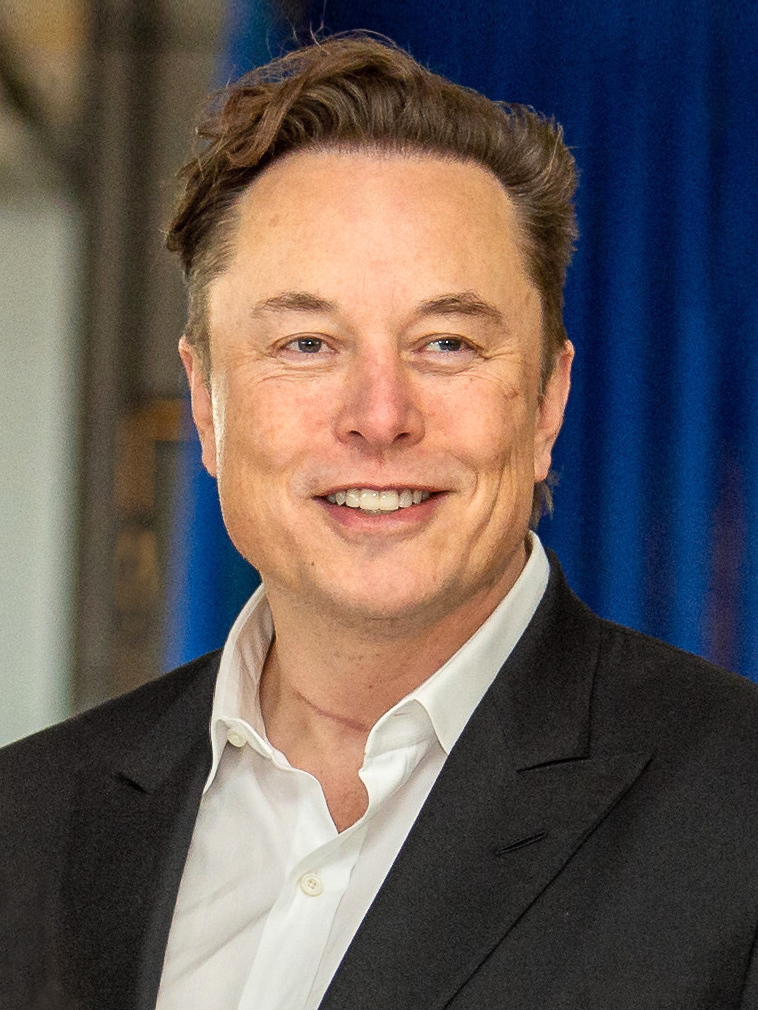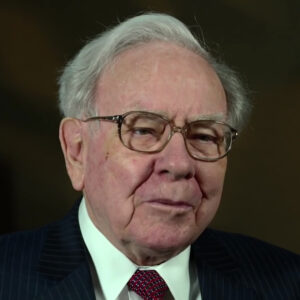Elon Musk’s first 100 days as a special government employee under President Donald Trump have dramatically reshaped his public image and financial standing. The billionaire CEO, known for his ventures in electric vehicles, space exploration, and AI, has seen his net worth drop by 25% — a loss totaling $113 billion, according to the Bloomberg Billionaires Index.
Musk’s controversial role as the public face of the Department of Government Efficiency (DOGE) — a White House initiative aimed at slashing federal spending — has sparked public backlash, investor anxiety, and regulatory scrutiny, all of which have converged to weaken the foundation of his flagship business, Tesla Inc. (TSLA).
While SpaceX, Neuralink, and his AI venture xAI have reportedly benefited from increased access and favorable contracts, Tesla’s stock has dropped 33% since Trump’s inauguration. Sales of the automaker’s electric vehicles have also declined sharply, hurt by brand fatigue and political polarization.
Musk’s Role in Washington: Disruption and Fallout
Since his arrival in January, Musk has taken on an unprecedented role inside the U.S. government, appearing alongside Trump in meetings with foreign leaders, influencing tariff and defense policies, and placing tech allies within key federal agencies.
He also secured unparalleled access to government data, raising questions about conflicts of interest and the implications for agencies that directly affect his businesses.
According to internal reports, DOGE’s stated goal of eliminating $2 trillion in “wasteful” spending has fallen far short. To date, the initiative claims only $160 billion in savings, a figure that critics say underscores the gap between Musk’s rhetoric and results.
“This is 100 days of destruction,” said Elaine Kamarck, director of the Center for Effective Public Management at the Brookings Institution. “DOGE is cutting into muscle, not fat. Elon Musk is taking a lot of the heat for Trump’s decisions, and people have decided to hate Musk more than Trump.”
Public Backlash and Plummeting Approval
Musk’s plunge in popularity has been swift and steep. According to a new Washington Post–ABC News–Ipsos poll, 57% of Americans now disapprove of Musk’s role in Washington, up from 49% in February. The backlash is strongest among independents and suburban voters — key demographics for both Tesla sales and political messaging.
Tesla has become collateral damage. Once viewed as a vanguard of innovation, the company now finds itself mired in controversy, with brand sentiment eroding in core markets including California and Western Europe.
Tesla’s Market Performance and Investor Warnings
Tesla stock, which had surged on hopes of an autonomous future and global EV adoption, is now among the worst performers in the S&P 500 year-to-date, despite a recent rally tied to Musk’s announcement of a robotaxi launch scheduled for June.
But analysts warn that the broader shift in investor sentiment may not reverse easily.
“Elon’s political entanglements are alienating core consumers and institutional investors alike,” said Jon Meyer, an analyst at Tacton Research. “You can’t lead a luxury, climate-forward brand while dismantling regulatory bodies and cozying up to Trump.”
What’s Next: Exit Strategy or Continued Exposure?
With Musk now indicating that he will scale back his government involvement, there is speculation about whether he can recenter Tesla’s brand and stabilize his business empire. Musk has not yet resigned from his government role but has publicly stated that he will step away from daily involvement “soon.”
Whether that translates into a meaningful change remains to be seen. Investors, regulators, and the public will be watching closely to assess whether Musk’s Washington experiment ends as a cautionary tale — or a stepping stone to further consolidation of influence.







